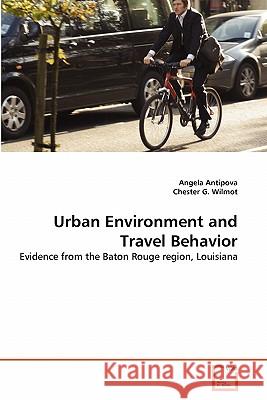Urban Environment and Travel Behavior » książka
Urban Environment and Travel Behavior
ISBN-13: 9783639295887 / Angielski / Miękka / 2010 / 108 str.
Although relationship between land use and travel behavior was given more than scant attention in the past, urban planners are far from a solution to reduce travel by car. Studies of this kind were often aggregate and did not allow for making inferences of individual-level travel behavior. Using disaggregate data from the Baton Rouge Personal Transportation Survey, this study attempts to overcome this limitation. Several approaches were applied to relate urban land use and travel behavior. First, a multilevel modeling approach was used to investigate the geographical effect of a place and the role of a population composition in commuting. The models examined the degree of association between several aspects of land use and travel behavior, considered alone and controlling for the socioeconomic factors. Second, urban structure in terms of job concentrations and its impact on commuting were examined. Lastly, relationship between land use and trip chaining was investigated. Additionally, the impact of travelers employment status and gender was considered. The studys findings indicate that impacts of land use remain significant even after controlling for the socioeconomic factors.











